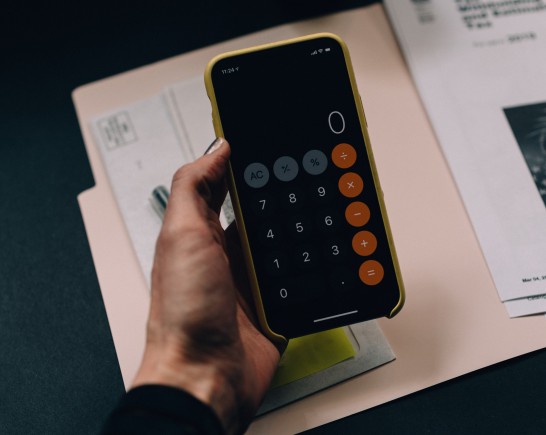Blog

Three expert tips for student budgeting
Three expert tips for student budgeting and how to manage money like a PRO
Picture this. You’ve been low on funds for at least a couple of weeks and Student Finance go and deposit a big lump of cash in your bank account.
So, what is the best way to set up a student budget? Said no uni-goer, ever. Unless they’re heading to Thailand.
Your brain: “I’ve gone without for an absolute lifetime, spend it all immediately.”
Your brain: “Two thousand pounds? I’m a millionaire!”
Your brain: “If I just have one splurge now, I can be uber-sensible for the rest of term”.
Well tell brain to stop right there. Spending your student loan can be SO much fun, but getting evicted would put a bit of a dampener on Reading Week shenanigans. So sort out all of the boring stuff first, like rent, bills and food (that’s a killer when you leave your parents’ house, amirite?), figure out how to save a little for emergencies and check out what will be left over.
We’re not saying you’re never going to spend £50 on tickets for a club night, we’re just suggesting you read our guide to student budgeting, before you buy three pairs of Yeezys. We paired up with some of the best financial bloggers around, so they could tell us about student budgeting and how to manage money while you’re at uni.
As easy as one, two, three bank accounts
Teacher. Business owner. Money coach. Eileen Adamson from Your Money Sorted knows what she’s on about when it comes to managing cash.
Eileen reckons you can make things simpler by setting up various accounts:
“Managing money as a student can be made much simpler by having three bank accounts – one for bills, one for spending and one for savings. Pay all income into the bills account, and from this account pay all your regular expenses and direct debits.
“Work out how much you will then have available for spending, and transfer a weekly amount over into your spending account. At the end of each week, transfer any money left over into your savings account.
“This will help you to manage your money more easily, and will help you to create a savings fund for emergencies and unexpected expenses.”
We love this idea – once that mullah is in your bills account, you’re not likely to get caught out by spending the money you’ve set aside for your phone contract.
The classic rainy day plan
If you think saving cash is easier said than done then we’re 100% with you, but Nikki Ramskill, The Female Money Doctor, agrees with Eileen when it comes to setting up a rainy day account. She told us:
“Always, always, always have an emergency fund saved. £500 to £1000 could be enough to stop you reaching for the credit card when something disastrous happens (because let’s face it, it always does!)
“Use a savings app like Plum and you’ll save without even realising you’re doing it!”
Dr. Nikki believes that you can’t be fully healthy if you’re having a money ‘mare and we totally agree. We checked out Plum and this handy little app will analyse your spending and figure out how much you can afford to save.
Take a little off the top
Emma Maslin calls herself The Money Whisperer for good reason – she won the Best Personal Finance Blog award in 2018, so the next best thing to her literally taking away your debit card and running your life, is if you a leaf or 15 out of her book.
Why not try bank account skimming like Emma? All you’ll need to do is set up a calendar reminder to check your account regularly (perhaps once a week) and skim off some extra coinage so you’re at a round number.
For example, if you have £126.90 in your account, you can transfer 90p, £1.90 or £6.90 into your savings account, depending on how your budgets are looking. Before you know it, that online piggybank will beef right up.
If you’ve already started uni and you have a tried-and-tested tip to add to our list, let us know on Twitter and we’ll credit you in this post. Or, jump back to the #YouGotThis hub for more student hacks and how-tos.